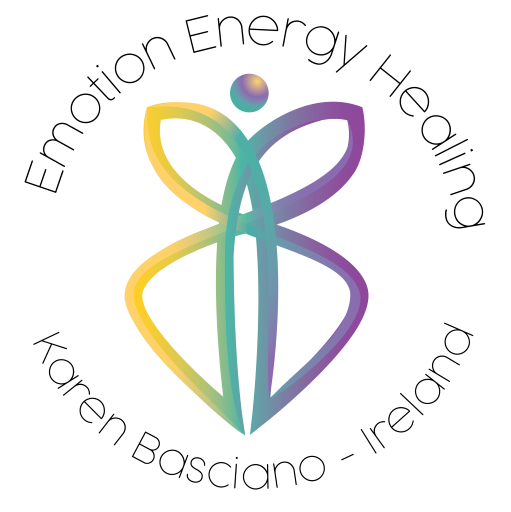The Benefits of Gratitude
There are many studies documenting the positive effects of engaging in a gratitude practice on one’s mental health and well being.
Gratitude Beginnings…
Gratitude in its’ Latin origins means grace, graciousness or gratefulness depending on the context to which it is used.
To be grateful is to be thankful and appreciative for what one receives, whether it is tangible or intangible. Individuals are simply acknowledging and appreciating what they have instead of what our current culture encourages us to believe that we need X, Y or Z to be happy and fulfilled.
How Do I Practice Gratitude?
Practicing gratitude is simply learning to notice and appreciate what you have rather than always reaching for something new hoping it will make you happier or feel more fulfilled. In short, practicing gratitude is simply learning to focus on what you have rather than what you feel you need.
A study in the Greater Good Science Centre magazine, by Joshua Brown & Joel Wong (2017) reported the benefits of practicing gratitude as participants wrote letters of gratitude. They analyzed the data to understand the mechanics behind the mental health benefits.
Gratitude Revealed:
- Gratitude helps you create separation from Toxic Emotions:
The research indicated that the positive effects of the gratitude letter writing on well-being and happiness was due to the participants using less negative emotion words (eg. fearful, mad, frustrated, anxious) rather than the abundance of positive words. It appeared that by focusing attention on gratitude causes a shift away from toxic negative emotions.
2. Gratitude allows you to celebrate the present moment. It creates more positive shifts in your well being, including increasing the recall of the positive event.
3. Grateful people are more resilient to stress. They recover faster and suffer fewer negative effects from traumatic events.
4. Gratitude strengthens social ties with others and strengthens your feelings of self-worth.
5. Gratitude Practice Effects are Cumulative. It is important to note that the positive effects of engaging in a gratitude practice takes time to develop. When beginning any new practice it takes time & practice for your brain to lay down new brain pathways before you can begin to notice & feel change.
Ways to Cultivate Gratitude:
- Write a thank-you note. Writing a short thank-you note to someone who has done something you appreciated can improve your relationships. Attempt to send a letter to someone, or even occasionally to yourself, once a month.
- Keep a gratitude journal. It can be helpful to write 3 things you are grateful for daily. By writing you are drawing your attention to even small things you appreciated during the day. With more practice you will begin to observe a shift in your perspective towards improved mental health & enjoyment.
- Focus on the Present Moment 3-20 minutes daily. Take time for yourself out of your busy life to appreciate life & the current moment. Taking time to pause and focus on your 5 senses &/or your breathe can help you learn to appreciate the small things in life you may have otherwise missed. You will find you have an increased ability to attend to your life with more fulfillment as you notice the beauty of things you may have missed being on automatic pilot.



0 Comments